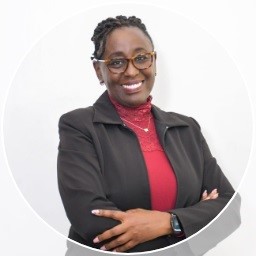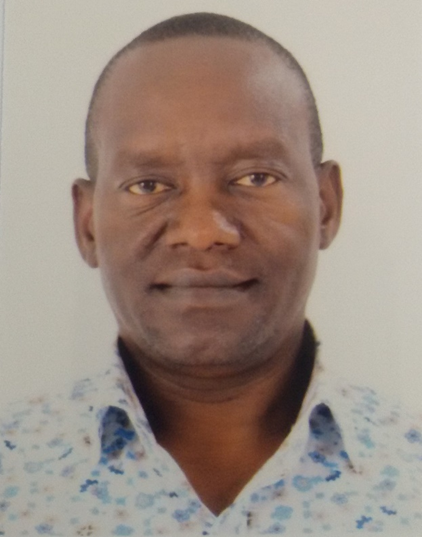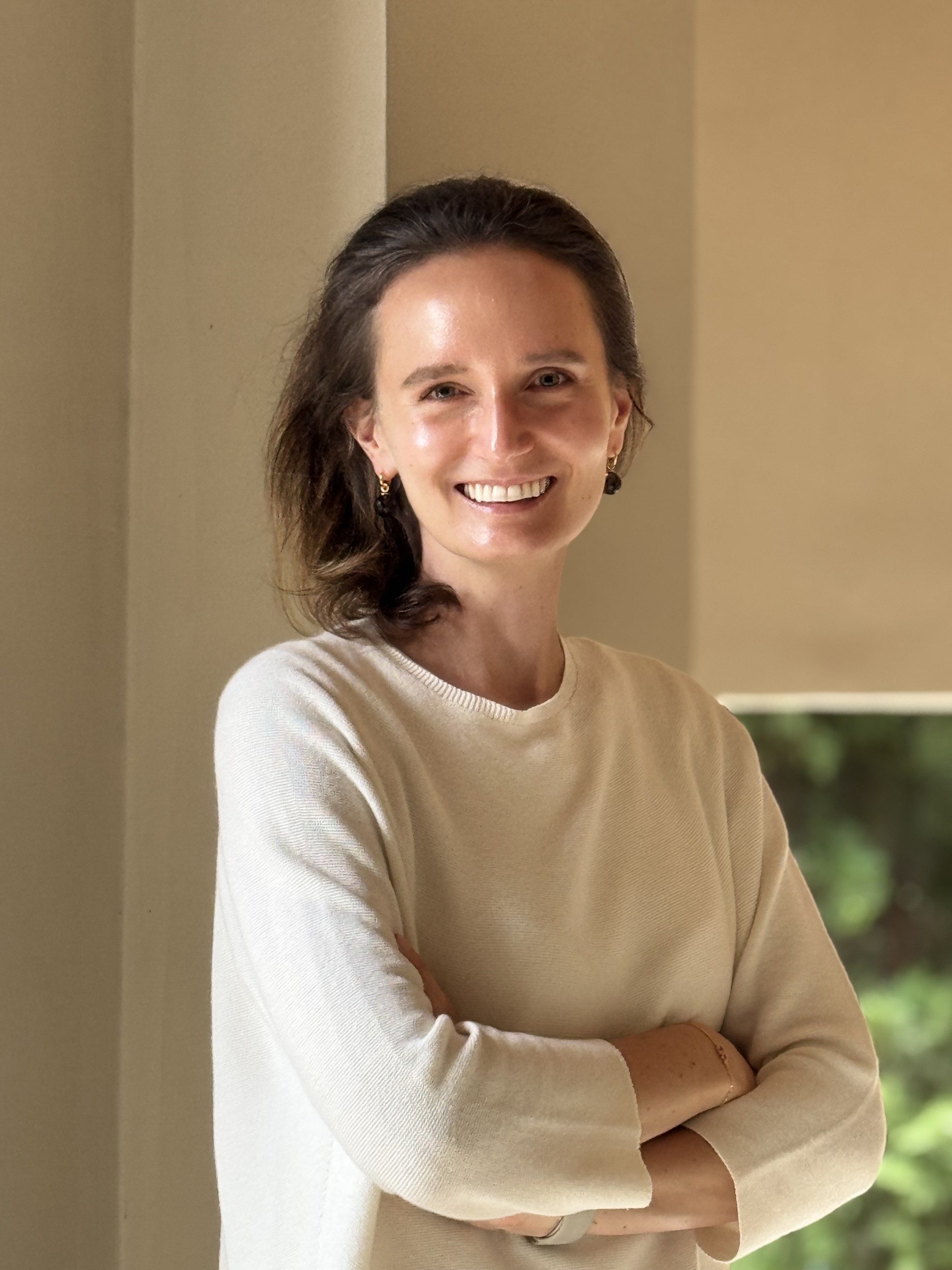As climate change impacts corn production, hybrid seed technology could help improve yields and combat food insecurity around the world.
Sinelizwi Fakade is a farmer based in South Africa’s Eastern Cape. Like hundreds of thousands of growers across the African continent, he’s well acquainted with the usual pressures of production and yield for staple crops like corn—or maize, as it’s known in the region—as well as soybeans, canola and oats.
But for Fakade and countless other producers, those challenges have been fiercely exacerbated by climate change, putting pressure on local and global food supply. “This time of year, the maize cobs are supposed to be filling out and the grain should be hardening, but we just got hit by a massive heat wave,” he says.
“We’re experiencing weather patterns that are very unusual in our area, which have heavily affected our production.” Corn is the second most widely cultivated crop on the planet. It’s a staple for one-third of the world’s population, yet the effects of climate change—such as stronger storms and longer drought periods—have already had an adverse effect on production in Africa and around the world. In fact, according to research from NASA, corn yields are expected to decline by 24% globally in the coming decades due to rising temperatures.
Meanwhile, the planet’s population is increasing more rapidly than growers can accommodate. According to experts, the current production and yield of corn is not enough to keep up with the global population growth projected for 2050. “There is a need to double production on less arable land, with fewer inputs, and to help farmers optimize their farming activities and yield potential amid an unpredictable climate,” says Elzandi Oosthuizen, head of crop technology for corn, soy and cotton at Bayer’s Crop Science division. “It’s an exponential challenge to solve, and it needs innovation.” Solutions for Small Growers In Africa alone, more than 300 million people rely on corn as their main staple food.
The agricultural sector—in which corn is the most widely grown crop—employs more than half of Africa’s workforce and accounts for approximately 16% of the continent’s gross domestic product, according to Dr. Canisius Kanangire, executive director of the African Agricultural Technology Foundation (AATF), a nonprofit focused on agricultural technology for farmers in sub-Saharan Africa.
But Africa also sees the lowest levels of corn yield compared to the rest of the world, and growers experience persistent production gaps, due in part to increased drought, harsher weather and pests that target corn fields. AATF aims to give farmers the tools and technology they need to boost growth, creating a cycle of higher yield and better profit, which can then be invested in the next year’s crop.
“In Africa, 70% of our food is produced by smallholder farmers, and we help them with mechanization, seed-based technologies and the knowledge to become more productive and profitable,” Kanangire says.
There is a need to double production on less arable land, with fewer inputs, and to help farmers optimize their farming activities and yield potential amid an unpredictable climate.
Elzandi Oosthuizen, Head of Crop Technology, Corn, Soy and Cotton, Bayer Crop Science
One component of this initiative is the TELA Maize Project, which utilizes drought-tolerant and insect-resistant corn varieties to address the problems of climate change and pests like stem borers and fall armyworm. Bayer has partnered with AATF for 15 years to provide farmers with access to high-performing seeds that help them secure their harvest and make a strong contribution to local food security.
“Putting these improved seeds in the hands of smallholders will ensure the farmers can produce more, generating wealth and health for their families and communities,” Kanangire says.
Additionally, Bayer has its own corn breeding program in sub-Saharan Africa that works to ensure the hybrid seeds brought to the market are well suited to a specific region or growing conditions and deliver high yields. Bayer also helps expand access to the latest agricultural tools—another persistent challenge for smallholder farmers. “If you can bring in just a few items—hybrid seed, crop protection products, fertilizer at the right time—you can significantly impact these farmers’ productivity,” Oosthuizen says. “We want to put that technology in as many farmers’ hands as possible.”
Improving Yields, Changing Lives
Bayer’s efforts to help secure corn supply aren’t limited to the African continent. In the U.S. and Europe, the company is introducing innovative corn hybrids that are 30% shorter than regular varieties, but result in similar yields even under challenging climatic conditions. The increased density means more corn can be grown on the same amount of land—and because the plants are lower to the ground, they’re better able to withstand the effects of severe weather.
While short-stature corn is not yet being used in Africa, there are plans to introduce it following further trials, expanding the arsenal of technologies Bayer deploys throughout the region.
“When it comes to introducing farmers to new technologies, especially to biotech crops, we have adopted the approach of not only ‘seeing is believing,’ but also ‘eating is believing,’” Kanangire says. “We also show farmers the difference between what they are using, the seeds and means of production, and they see they can easily go from two or three tons per hectare to 10 tons.”
Meanwhile, in the Eastern Cape, Fakade has implemented Bayer technologies across his 900 hectares of arable land. His corn yields have increased between 3% and 5%. “Introducing good-quality seed has made all the difference,” he says. “It has also minimized costs, as we are able to use precision technology to apply fungicides only where we need it.”
Fakade, who runs his own smallholder-focused nonprofit, has made it a priority to pass on this knowledge and technology to other farmers. “Farmers in this region are resilient and important to ending hunger locally and globally,” Fakade says. “Bayer technologies are making a difference, and now it’s about making sure we grow and expand that opportunity.”
This article was originally published on the Wall Street Journal Seeds of Change column.





















































































